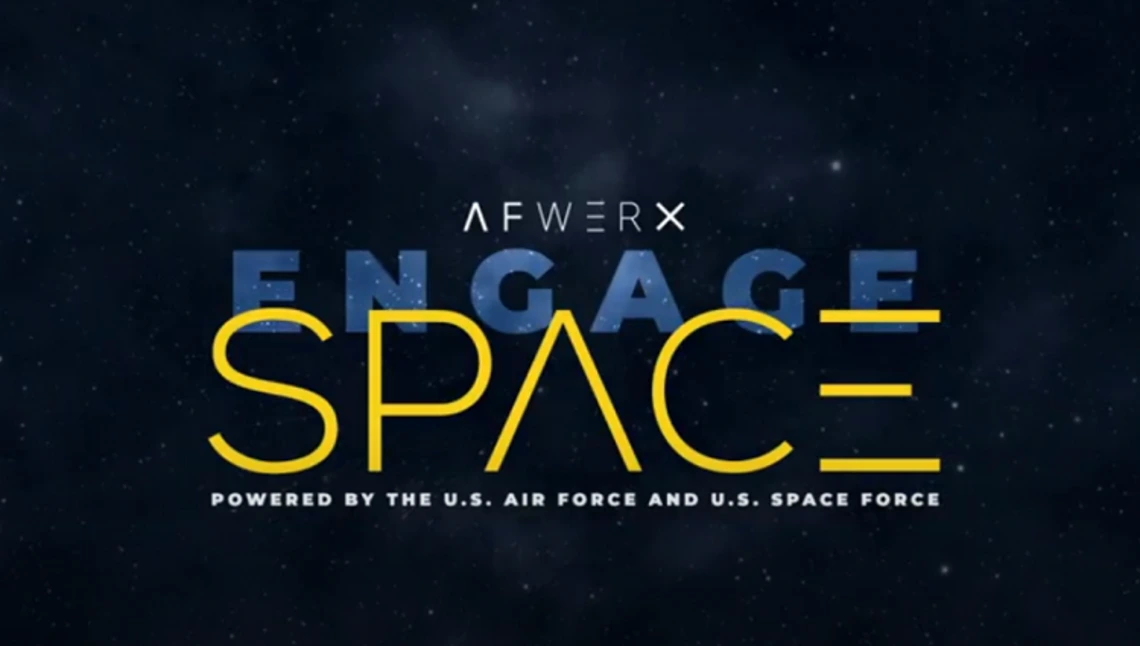Thanga Participates In AFWERX Space Challenge

On-orbit spacecraft maintenance and repair is often managed remotely by humans on Earth via teleoperation – a high-stress process that can be difficult to manage and involve fatigue-induced mistakes. Members of the University of Arizona’s Space and Terrestrial Robotic Exploration Laboratory, or SpaceTREx, are creating a machine learning approach to address this problem. The lab exhibited its Human and Explainable Autonomous Robotic System, or HEART, virtually at EngageSpace on September 29 and 30.
“The way these things are currently being done is like open heart surgery, where one person is being very precise and thinking a lot and making very calculated moves,” said AME assistant professor Jekan Thanga, head of SpaceTREx. “We’re trying to transform that slow, cumbersome process to be more like the way folks service racecars in the Indy 500 or Formula One. Rather than one person or machine doing everything, it’s a lot of different robots each doing very simple things.”
More than 800 teams participated in the AFWERX Space Challenge, and Thanga’s lab was among the top 175 invited to exhibit at EngageSpace. The event was hosted by the U.S. Air Force innovation arm AFWERX, which fosters collaboration between government, industry and academia.
